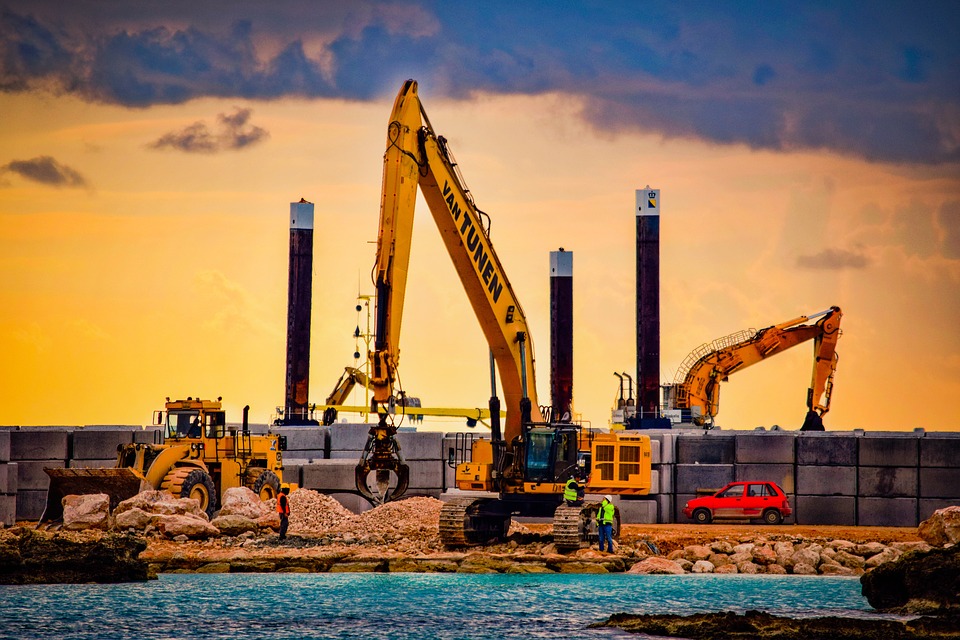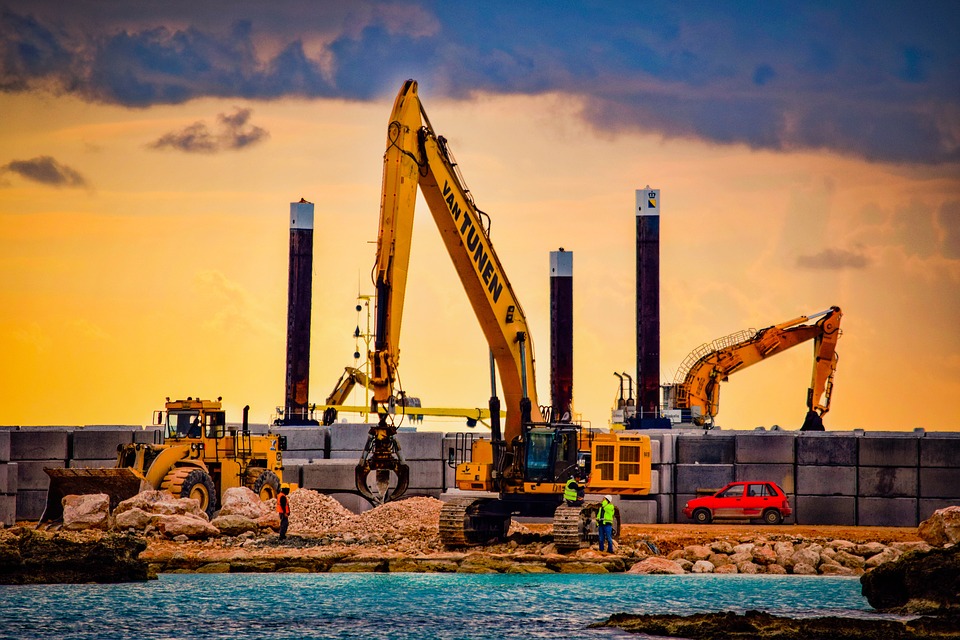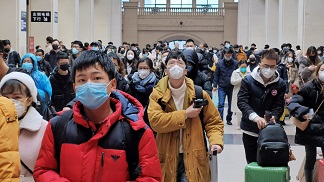![]()

Cambodia continues to reap the goodwill of its friends and neighbours, with Japan and Korea recently offering to help improve quality and safety in the Kingdom’s construction and property sector.
The offer of assistance from the two Asian powerhouses is timely and significant, with Japan and Korea among the top investors in the sector.
Last year, Korean investments in Cambodia reached $4.5 billion, with a big chunk of it representing investments in real estate. Korean real estate investors in Cambodia include Booyoung Town, Yon Woo Co Ltd and World City Co.
Japan also has substantial property investments in Cambodia, with the two largest shopping malls in the country, Aeon Mall and Aeon Mall 2, built by the renowned Japanese mall developer Aeon. Other major Japanese real estate developers and investors in Cambodia include Creed and Arakawa.
The Japanese government, Labor Ministry, and International Labor Organization (ILO) are working on a project aimed at improving safety standards in the construction sector.
The first phase of the project, which is focused on the general labour sector, concluded in 2017, and the partners are now discussing phase two, which solely focuses on people working in the Kingdom’s construction sector.
With Cambodia in the middle of one of the world’s fastest buildings booms, more and more locals are working in the construction and property sector. The sector currently employs 250,000 to 260,000 people.
Many construction sites across the country are notoriously unregulated and dangerous, leading to a high rate of accidents in the sector, mostly construction workers falling to their deaths. Two weeks ago, a construction worker was killed and four others were seriously injured when a building under renovation in Siem Reap collapsed.
Dr Leng Tong, Director of Labor Ministry’s Health and Safety Department, said the Japanese are keen on starting with the next phase. “The Japanese agreed to commence the second phase of the health project aiming to increase work safety within the construction sector over the next three years,” he said.
Among the project’s objectives are: strengthening work inspections and improving working conditions at construction sites and, secondly, establishing a legal framework and setting in place other regulations governing occupational health and safety, particularly in the construction industry.
Part of the project, according to Leng, is pushing for more laws regulating safety and more on-site training for construction workers and their employers. He noted that the Labor Ministry has previously carried out on-site health and safety training for construction workers in Phnom Penh, Kampong Speu, Svay Rieng and Kampong Cham.
Japanese assistance on this aspect is very helpful, especially that the East Asian country is known for having one of the best construction safety standards and records in the world.
The Koreans, meanwhile, have announced plans to build a Cambodian-Korean Institute of Construction Technology (C-KICT). The plan to build the institute was announced during the recent visit of a Cambodian delegation headed by Transport Minister Sun Chanthol to Seoul, Korea.
The institute's stated goal is to help and guide the Ministry of Public Works and Transport maintain and improve standards of construction quality. Korea is known for maintaining high construction standards, and Cambodia will definitely benefit from the technical assistance that Korean engineers and builders can extend.
While the C-KICT’s focus will be on improving the standards of road construction, it is understood that the institute will also be available to help improve standards in other areas of the Kingdom’s construction and property sector such as building construction.
Minister Chanthol noted that Cambodia needs to improve road construction standards to make roads last longer and to avoid accidents, many of which are caused by roads in bad condition, especially in the far-flung provinces.
As of this year, Cambodia has more than 50,000 kilometres of road, more than half of which is classified as rural or provincial. A substantial part of the Kingdom’s roads are in poor or bad condition.
During the visit, the Cambodian delegation were treated to a display and were introduced to major Korean construction technologies, safety improvement technologies, and management systems.
The Korean Institute of Construction Technology (KICT), which is responsible for Korea’s modern-day construction standards, will spearhead the establishment of the C-KICT. The exact location and timeline for the project have yet to be revealed, though Minister Chanthol requested that it be finished within two years or "as soon as possible".





Comments